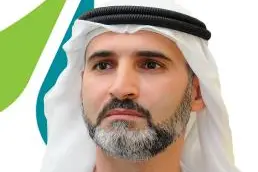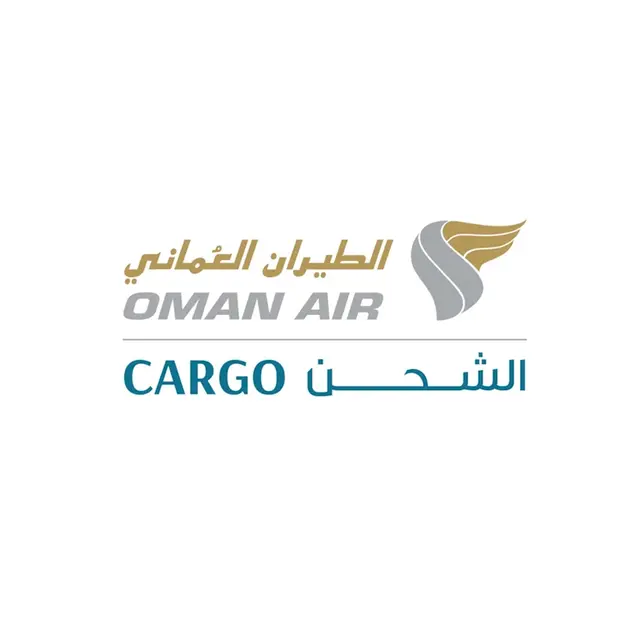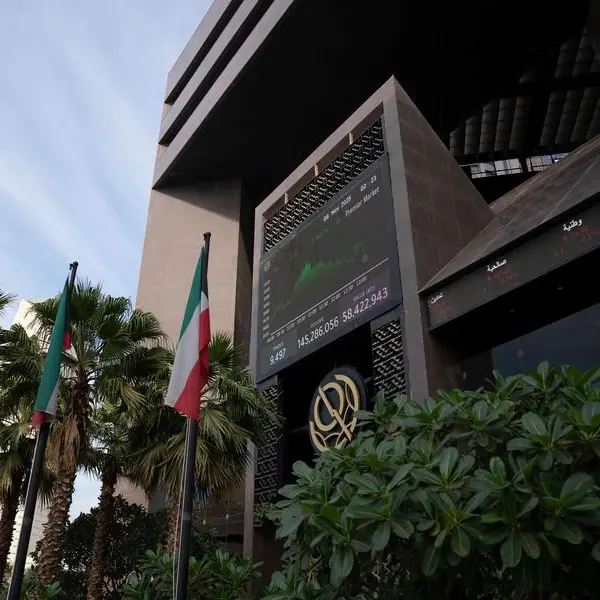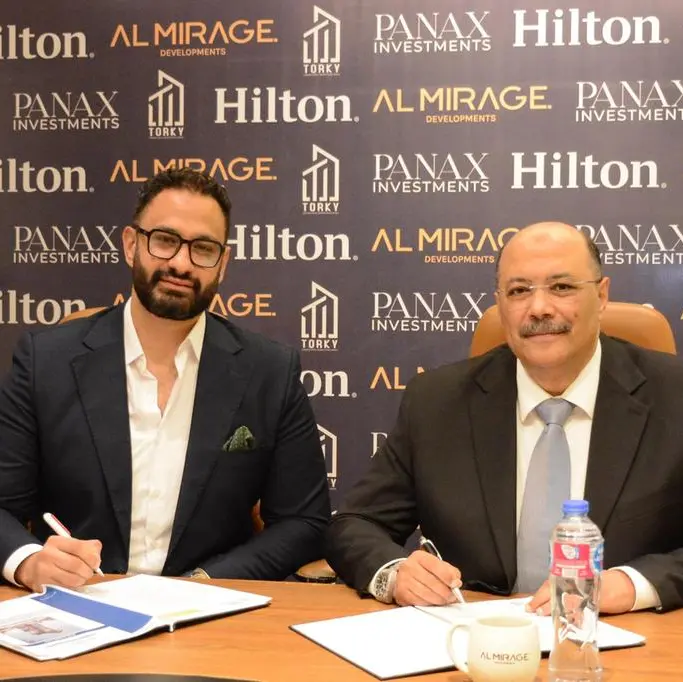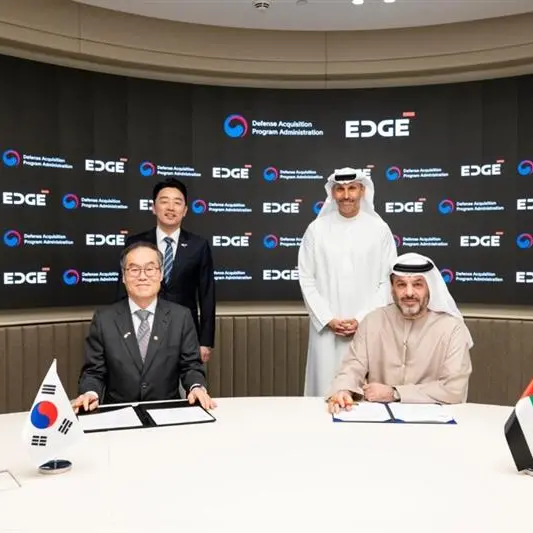PHOTO
Guidelines for occupational injuries, medical leave, emergency leave, parking facilities for the disabled etc. chalked out.
The guidelines are applicable for 74,000 Dubai Government employees
Dubai, United Arab Emirates, June 20, 2016
The General Medical Committee in The Emirate of Dubai announced today that it has issued comprehensive guidelines for several policies.
The guidelines are applicable for 74,000 Dubai Government employees who work across 45 government authorities in Dubai and covers all medical issues including sick leave duration, hospitalization, medical emergencies, special needs parking etc.
The Committee was formed in 2007 and the roles and responsibilities of the committee include chalking out unified policies and processes for all government departments.
The Committee is currently holding several workshops to ensure all human resources officials in Dubai government organizations are aware of the latest unified policies related to their employees.
Dr. Khaldoon Walid Nabhan, Senior Medical Audit Analyst and Vice Chairperson of the General Medical Committee of the Emirate of Dubai said, "Details such as what qualifies as an occupational injury, the compensation an employee is entitled to according to the law, timeframe within which an employee must receive the compensation etc., rights of an employee during emergency and sick leave, duration of such leave, escort leave for family emergencies are all mentioned in the guidelines."
Dr Nabhan added that the committee also discussed what defines the term light duty for an employee and those who qualify for it.
Dr. Nahban said that the committee is working in cooperation with the RTA and recently presented its recommendations with regard to dedicated parking slots for the disabled and processes for permission of window tinting of cars that is required for patients with certain medical conditions.
Dr Nabhan said: "The committee recommended that slots should be available for those with permanent disabilities, temporary disabilities, the elderly and for those with certain chronic diseases. The committee is also working with the Community Development Authority and all applications for a disability card ( SANAT) will now to given to the committee for evaluation."
In the last few months, the committee has received over 15000 applications from various government departments and the committee has addressed every application within 48 working hours.
-Ends-
For further information, please contact:
Mahmoud Al Ali
Head of Media
Dubai Health Authority
myalali@dha.gov.ae
+9714 219 7260
Kamakshi Gupta and Noor Nazzal
Communications Analysts- Media Dept
Dubai Health Authority
Klgupta@dha.gov.ae NNNazzal@dha.gov.ae
+9714 2197455/ 04-2197658
About the Dubai Health Authority:
The Dubai Health Authority (DHA) was created, in June 2007, by Law 13 issued by His Highness Sheikh Mohammed bin Rashid Al Maktoum, Vice President and Prime Minister of the UAE, Ruler of Dubai, with an expanded vision to include strategic oversight for the complete health sector in Dubai and enhance private sector engagement. His Highness Sheikh Hamdan Bin Rashid Al Maktoum, Deputy Ruler of Dubai and UAE Minister of Finance is the President of the DHA and His Excellency Humaid Mohammed Obaid Al Qatami is the Chairman of the Board and Director-General of the DHA.
The DHA's aim in Dubai is to provide an accessible, effective and integrated healthcare system, protect public health and improve the quality of life within the Emirate. This is a direct translation of the objectives of the Dubai Strategic Plan 2015 launched by His Highness Sheikh Mohammed bin Rashid Al Maktoum. Keeping the strategic plan in mind, the DHA's mission is to ensure access to health services, maintain and improve the quality of these services, improve the health status of nationals, residents and visitors and oversee a dynamic, efficient and innovative health sector.
In addition to overseeing the health sector for the Emirate of Dubai, the DHA also focuses on providing services through DHA healthcare facilities including hospitals (Latifa, Dubai, Rashid and Hatta), specialty centres (e.g. the Dubai Diabetes Center) and DHA primary health centres spread throughout the Emirate of Dubai.
The main pillars of service delivery at DHA health facilities are quality, efficiency, patients and staff. It is our aim to maintain and improve the quality and efficiency of DHA health services. An important aspect of the service delivery strategy is to focus on patients, their needs and satisfaction as well as attract, retain, nurture and support outstanding staff.
Prior to the establishment of the DHA, the Department of Health and Medical Services (DOHMS), which was established in 1973, was the functioning authority that almost exclusively focused on health service delivery.
© Press Release 2016
